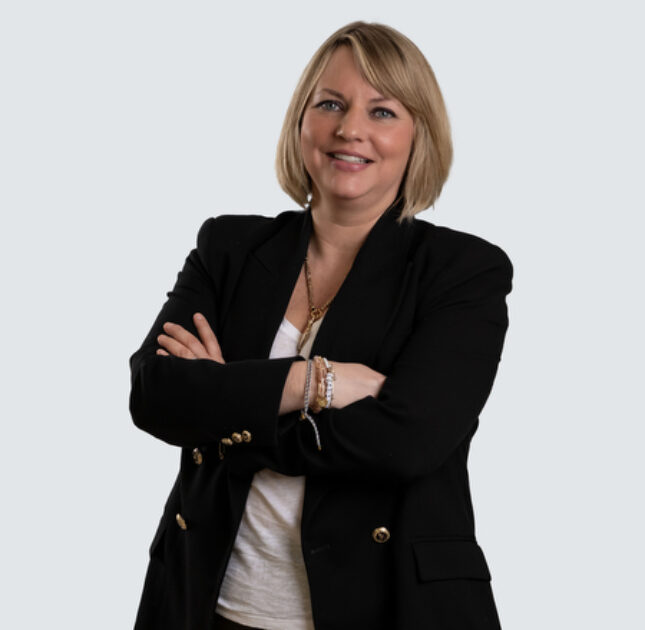Wind River film and the harsh reality
Imagine a remote area in Wyoming, USA, with vast forests and snow-capped mountains. Wind River, a film inspired by true events, delves into the dark world of violence and sexual abuse faced by American Indian women in this very region. The movie portrays the heartbreaking story of two teenage American Indian girls who fall victim to sexual abuse and murder, shedding light on an endemic issue affecting Native American and Alaskan Native women. Shockingly, according to a Department of Justice study, 84% of them have experienced some form of violence, while 56% have endured sexual violence.
The film highlights how abuse can thrive in such isolated communities, where remoteness, a small police force, and negative attitudes towards victims create a breeding ground for violence. Moreover, themes of drug abuse, homelessness, and poverty add to the complexities that perpetuate this tragic cycle. While Wind River’s portrayal is uncomfortable and hard-hitting, it draws attention to a harsh reality that cannot be ignored.
Sexual abuse in rural and isolated communities
Victims of sexual assault in rural areas often find themselves without access to essential medical, legal, and emotional support services. Economic struggles and geographic isolation further limit their options, leaving them vulnerable and helpless. The lack of services and support exacerbates the trauma endured by victims, making it even more challenging to escape the cycle of abuse.
Specific fears and pressures in marginalised communities
Marginalized communities, including those in smaller group faith settings, face additional fears and pressures that perpetuate silence and inaction regarding sexual abuse. Traditional practices like “Izzat” (honour) and “Sharam” (shame) can drive responses that prioritize preserving the community’s honour over meeting the needs of victims and survivors. Women may feel obligated to endure violence silently rather than seeking help, as leaving home might be seen as unacceptable.
The lack of support resources and the fear of being ostracized from their communities act as barriers to disclosing abuse. Victims risk becoming outcasts within their extended family and wider community if they come forward. Privacy is scarce within close-knit communities, and victims might fear being ignored or suffering further violence if they speak up. Shame and self-blame may also prevent women from seeking help, and negative perceptions of institutions, such as the police and children’s social care, can discourage victims from reporting abuse.
Challenges in gathering statistics
Gathering accurate statistics for under-represented communities remains a challenge. Reports from various sources reveal alarming statistics, but the full extent of the problem remains elusive due to the complexities surrounding data collection and reporting.
How to help: breaking the silence and creating change
To make a difference, we must first understand the complexities of sexual abuse within ethnic minority and marginalised communities. Recognising the signs of abuse and ensuring that support services are available, even in remote areas, are crucial steps towards breaking the cycle of silence.
Sexual abuse and child abuse must be addressed as taboo topics within certain communities. Breaking down the shame and stigma surrounding these issues is essential in encouraging victims to come forward and seek help without fear of judgment or retribution.
Changing attitudes within specific communities is vital. It’s essential to recognise that abuse is not a cultural tradition or practice but a crime that needs to be confronted head-on.
Conclusion
Sexual abuse in rural and isolated communities, especially among marginalised groups, is a harrowing reality that demands our attention and action. By creating awareness, fostering dialogue, and providing support and resources, we can begin to break down the barriers that perpetuate this cycle of abuse. Together, we can build a safer, more compassionate society that protects the most vulnerable among us and ensures that no one suffers in silence.

